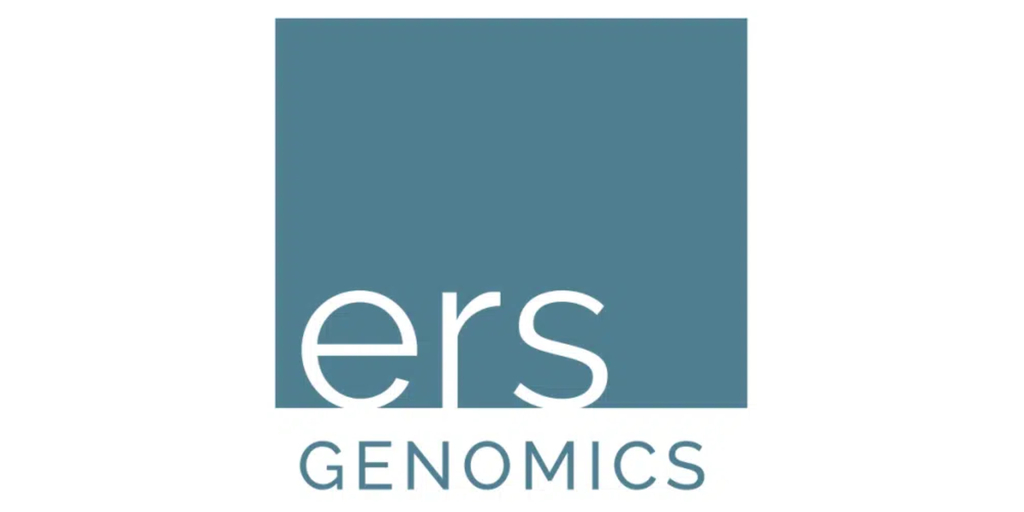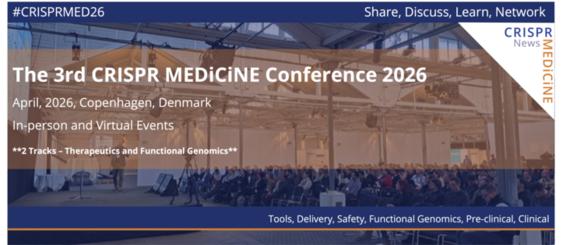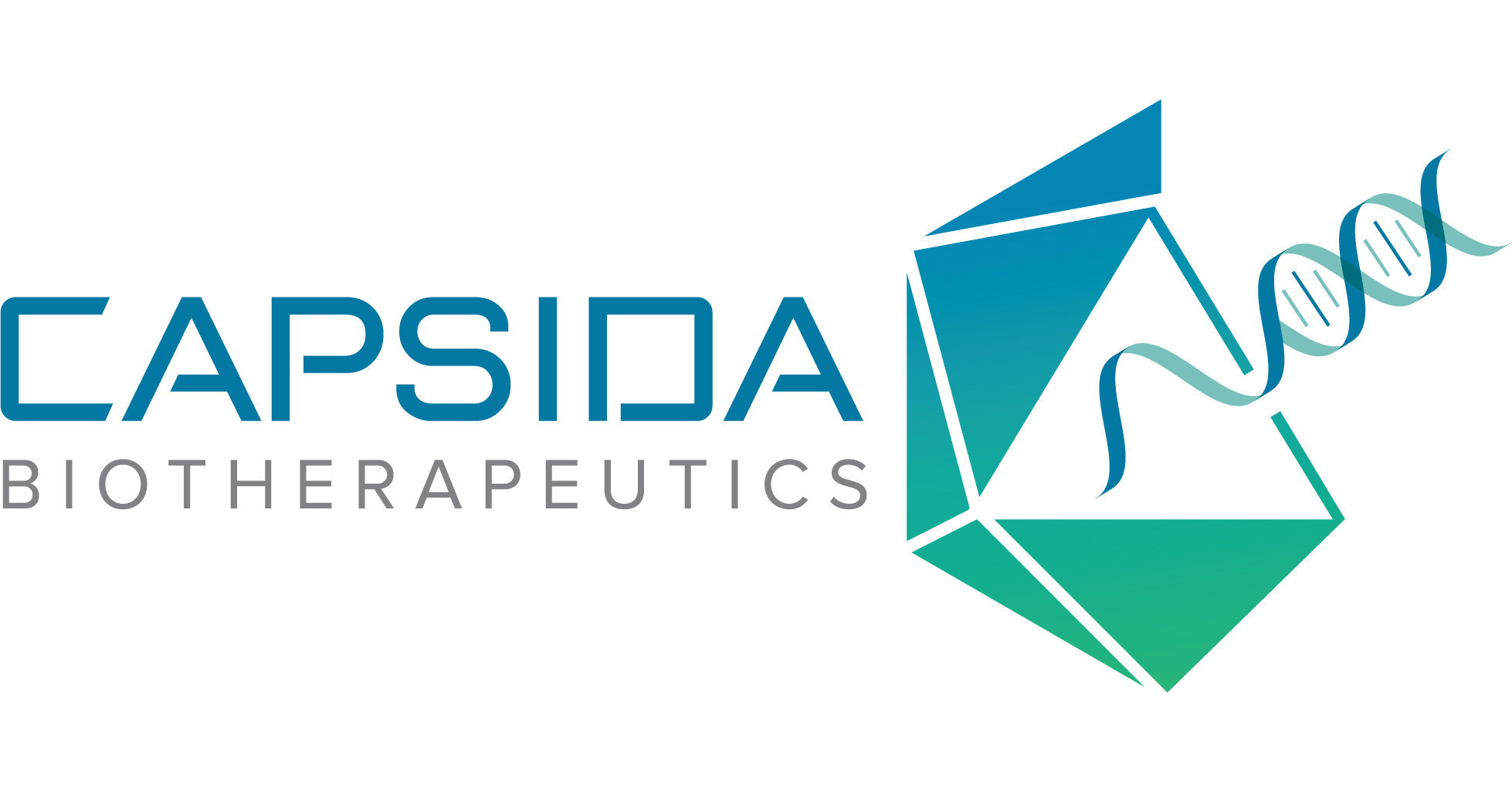License agreement provides Université de Montréal access to CRISPR gene editing technology for use across its platform services
DUBLIN & MONTREAL--(BUSINESS WIRE)--ERS Genomics Limited (‘ERS’), the CRISPR licensing Company, and Université de Montréal (‘UdeM’), a leading Canadian research institution renowned for scientific innovation and technology transfer, today announced a non-exclusive CRISPR/Cas9 license agreement.


The agreement grants the university access to ERS’ CRISPR/Cas9 patent portfolio – including enabling the launch of two CRISPR/Cas9 screening facility platforms at UdeM's Institute for Research in Immunology and Cancer.
Lynda Adam, PhD, Director of Technology Transfer, Innovation and Partnerships, Université de Montréal, said: “With the acquisition of this license, we have launched platform services that will broaden access to genome-wide CRISPR screening and data to the research community. Furthermore, this license enables UdeM researchers to carry out project collaborations and partnerships using CRISPR technology under certain conditions.”
John E. Milad, CEO, ERS Genomics, commented: “Université de Montréal has a reputation for making outstanding contributions to scientific innovation. Providing this license and access to the CVC patent portfolio has enabled the launch of screening platforms which will play a role in uncovering new therapeutic targets and ultimately improve healthcare outcomes. We look forward to seeing the transformative impact of their work on global medical challenges.”
CRISPR gene editing is a genetic engineering technique in molecular biology by which the genomes of living organisms may be modified. It is based on a simplified version of the bacterial CRISPR-Cas9 antiviral defence system. The development of the technique earned biochemists Emmanuelle Charpentier (one of the founders of ERS Genomics) and Jennifer Doudna the Nobel Prize in Chemistry in 2020.
ERS Genomics provides licensing to CRISPR/Cas9 technology for companies interested in pursuing its use in their commercial programs. Comprising 100+ patents globally, ERS’ portfolio encompasses CRISPR/Cas9 usage in all cells, including bacteria, archaea, yeasts, and algae. ERS Genomics licenses these patents via its direct license from Emmanuelle Charpentier and now has nearly 150 licenses in place worldwide.
Financial details of the agreement are not disclosed.
Contacts
Dr Ben Rutter









